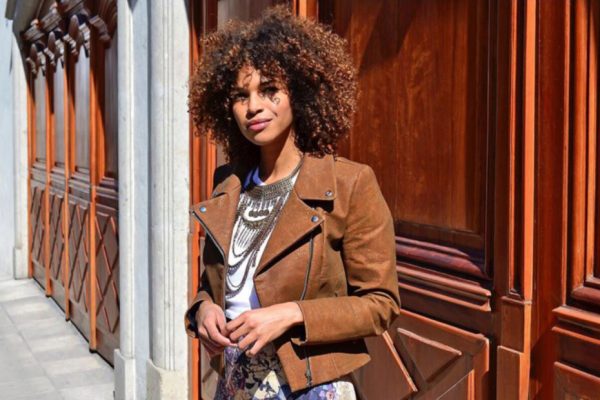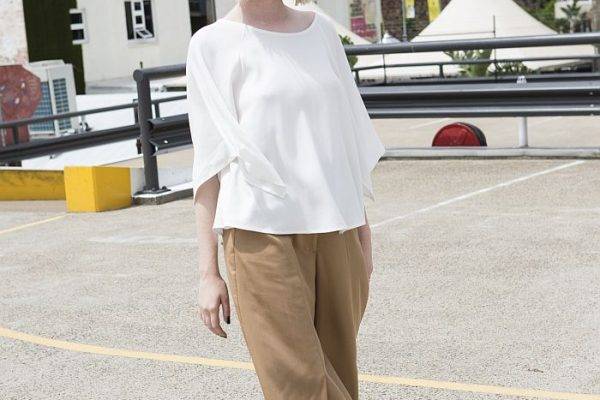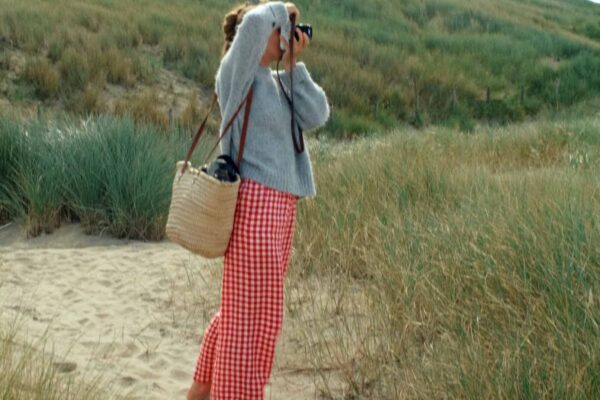Is it okay to purchase second-hand fast fashion? Is it more sustainable to buy ethically made or second hand?
Is the ethical fashion supporter or the second-hand shopper the more sustainable consumer?
Should I just go naked?
These questions fill my mind and my inbox often, and my answers always start with the same three words: “Well, it depends…”
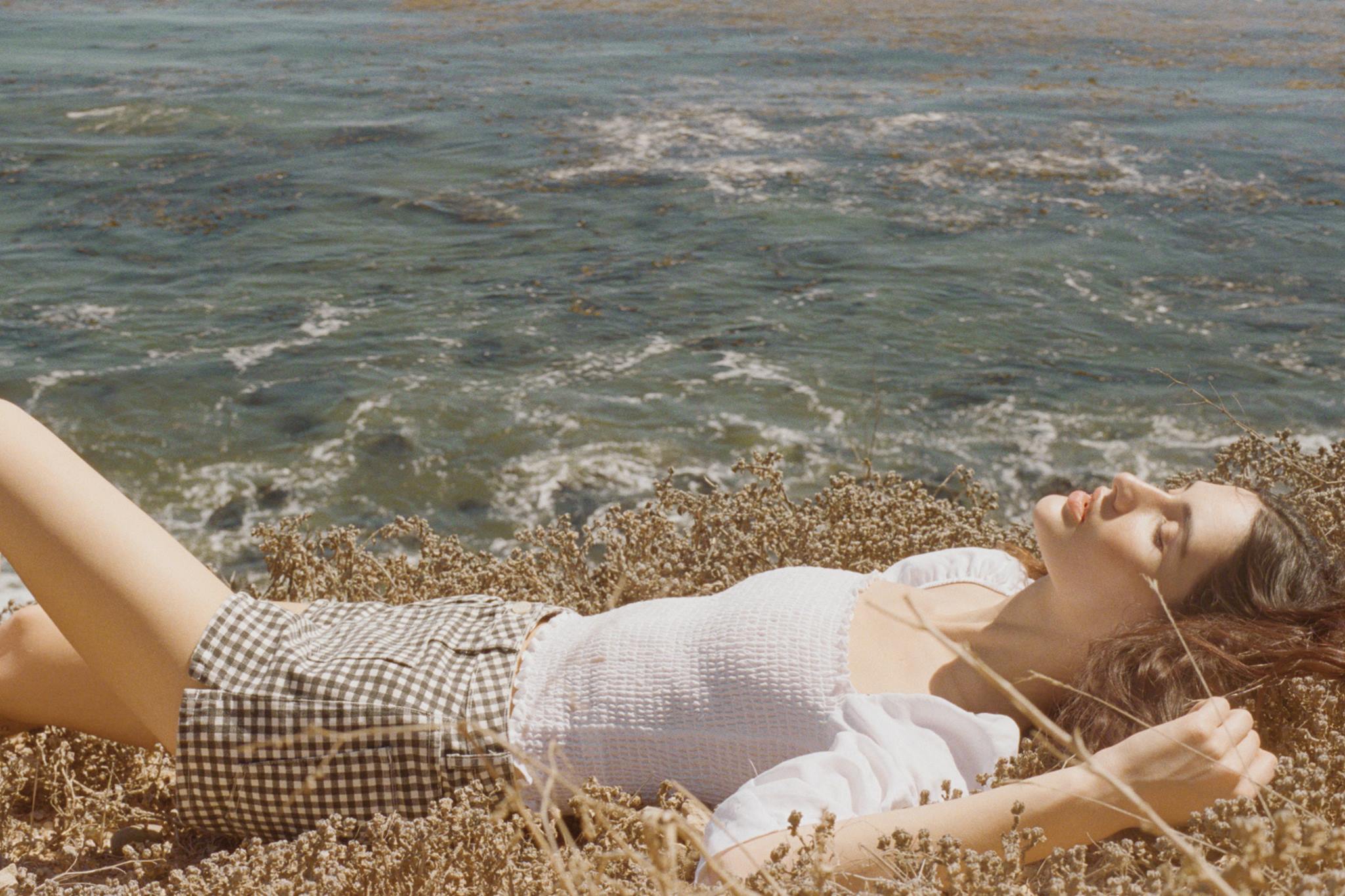
Just like everything that falls under the sustainable living umbrella: there is no black and white.
I know sustainable fashion activists who believe second-hand clothing is THE ONLY way to consume clothes responsibly. I also know well respected sustainable fashion advocates who only buy second hand if it’s ethically made, and avoid purchasing second-hand fast fashion as religiously as they avoid it brand new.
Ethical vs preloved?
Personally, I don’t think there is a right or wrong answer.
We all have different values; the way we consume will always look different to the person shopping next to us.
Instead of judging someone else’s shopping decisions, or staying in a constant state of confusion over the best way to shop, actively seek information from both viewpoints and stick with where YOUR moral compass points you.
To help you decide what side of the fence you sit on, if any, here are the arguments for both second hand and ethical fashion.
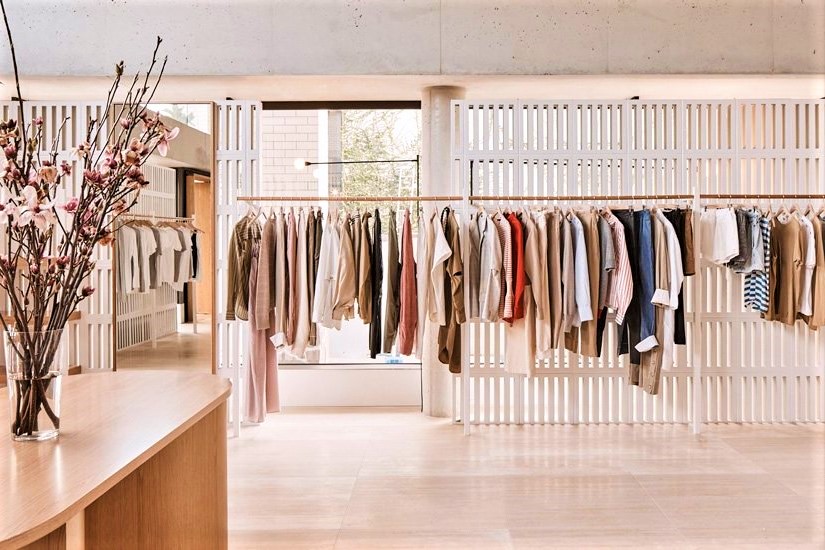
Via Bassike
The perspective of an ethical fashion advocate
Purchasing new garments that are made in fair working conditions, from sustainable materials and designed with longevity in mind, is the most responsible way to consume clothes.
The benefits include:
- Encouraging a company with excellent values to continue
- Creating opportunities for more jobs in the ethical fashion industry
- Supporting the demand for ethical fashion and therefore reducing the demand for fast fashion
- Confidence that the garment is safe to wear on your skin
- The garment will not leach microplastics into the water ways
- At the end of its life, the garment can be composted
- Often supporting individuals who would otherwise have unsafe and unpleasant jobs or no work at all
- Having a greater connection with your garment, and therefore repairing and caring for it properly
- Greater accessibility for those who need particular sizes, tailoring, or trims (e.g. those with arthritis may need garments without zips)
- Absolute joy from knowing who made your clothes
To top it off, a brand new item will most likely last longer than a second hand one, and sometimes they come with the promise of repair schemes too.
Purchasing ethical fashion pushes the fashion industry in the right direction. Society will never exclusively shop second hand, some people just don’t like it! So, it’s paramount that we continue buying brand new ethical fashion items to support an industry that respects people and planet.
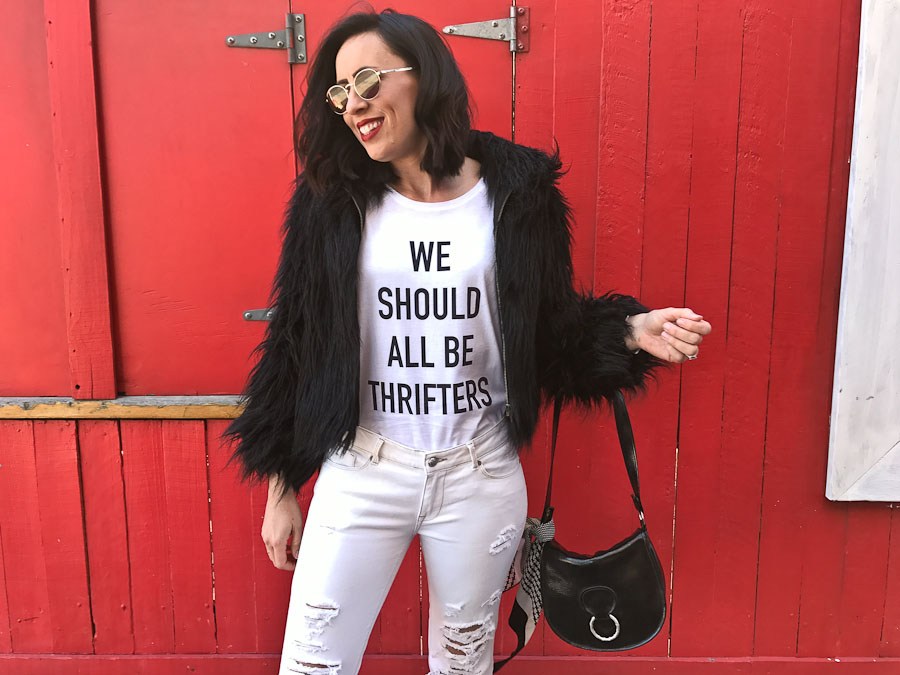
Via Hannah Klose – Never Ever Pay Retail
The perspective of a second-hand shopper
Buying items that already exist and have been used before, is the most responsible way to consume clothes.
The benefits include:
- Resources that have already been extracted from the earth are used to their full potential
- Less energy required
- The garment has not travelled far to get to your wardrobe
- You know that the garment is good quality because it has already been tested by previous wearers
- Second hand fashion is cheaper
- The profits from second hand clothes often go to local charities
- Plastic swing tags and packaging is avoided
- Clothing doesn’t go to landfill
- No chance of supporting seamstress exploitation
- Community building is encouraged through interaction with second hand shop volunteers and previous owners
The extra benefits of shopping second hand include the uniqueness of the garments, and the joy that comes from ‘the hunt’. Enough clothes currently exist on the planet for us all to be clothed, so let’s wear them rather than create anything new.
Jumping out of my role play, you can see that both arguments add up
If you have a heart for preserving precious resources and love a thrift hunt, second-hand shopping may be for you. If you cannot ignore the brilliant effects of the ethical fashion industry on people (both makers and wearers), then buy that ethically made dress.
Second hand versus ethical fashion will always quietly divide the sustainable fashion world. If it’s up to me, I would tell you to buy your basics from ethical fashion companies, and find unique vintage pieces from second-hand shops.
What type of shopper are YOU?
